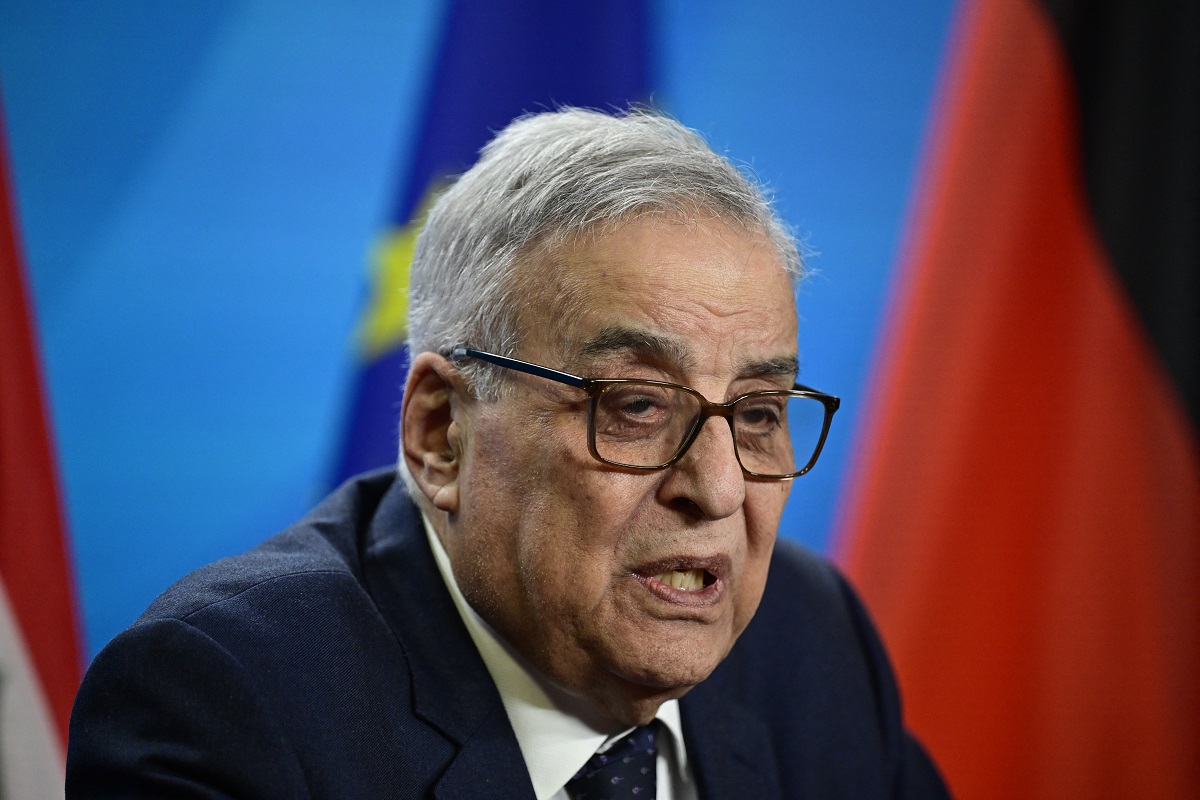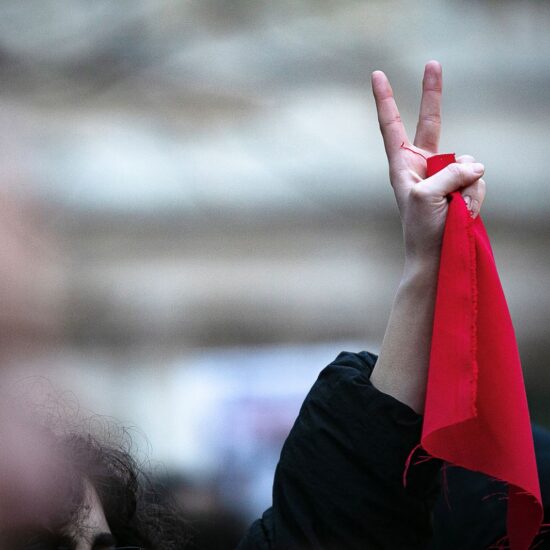
Asserting sovereignty amid internal divisions: Lebanon's diplomatic challenge on the global stage
In a recent act of diplomatic assertiveness, Lebanese Foreign Minister Abdallah Bou Habib summoned the British ambassador to Lebanon, a gesture that traditionally symbolizes a strong assertion of a nation’s respect and sovereignty in the realm of international relations. This move, while seemingly a standard exercise in diplomacy, takes on a deeper significance against the backdrop of Lebanon’s complex internal political dynamics and its struggles on the international stage. The summoning of the ambassador is a response to what Bou Habib perceives as a diplomatic oversight during British Foreign Secretary David Cameron’s visit to Lebanon, where Cameron did not meet his Lebanese counterpart. This incident, while minor in the grand scheme of global diplomacy, is emblematic of Lebanon’s ongoing efforts to navigate a challenging political landscape, marked by internal divisions and external pressures.
The stark contrast between Bou Habib’s diplomatic posture towards the United Kingdom and his candid admissions regarding Hezbollah’s autonomy within Lebanon paints a complex picture of the nation’s internal and external political dynamics. Bou Habib’s acknowledgment, especially in interviews with international media, that the Lebanese government lacks the authority to control Hezbollah’s decisions, particularly in matters of war and peace, is a forthright admission of the power dynamics at play within Lebanon. This statement is not just a diplomatic formality; it reflects the reality in which a non-state actor, Hezbollah, exerts significant influence over both national and regional affairs, transcending the traditional boundaries of state control.
The actions of the Lebanese Foreign Minister, therefore, present a striking irony in the realm of international diplomacy and national governance. On one hand, Bou Habib’s decision to summon the British ambassador over a perceived diplomatic misstep is a clear assertion of Lebanon’s desire for respect and adherence to international diplomatic norms. This move is emblematic of a nation standing up for its sovereign rights and demanding appropriate recognition on the global stage. On the other hand, this assertive stance is starkly contrasted by Bou Habib’s own admissions regarding the Lebanese government’s limited influence over Hezbollah, particularly in matters of foreign policy and military engagement. This undermines Lebanon’s efforts to assert its sovereignty and command respect internationally. By demanding adherence to diplomatic norms from other nations while concurrently acknowledging an inability to exert similar control within its own borders, Bou Habib’s actions inadvertently highlight the complex and often contradictory nature of Lebanon’s political landscape.
This influence of Hezbollah extends beyond mere participation in the Lebanese government. It wields considerable military power and plays an important role in shaping Lebanon’s foreign policy and security decisions. The group’s extensive involvement in regional conflicts, particularly in Syria, underscores its capacity to operate independently of, and sometimes in contradiction to, official Lebanese government policies. Bou Habib’s statements about Hezbollah’s autonomy and the Lebanese government’s limited capacity to influence the group’s actions reflect a broader acknowledgment of these realities.
This dichotomy within the Lebanese political framework is not just a domestic issue; it has significant implications for Lebanon’s international relations. The government’s inability to rein in Hezbollah affects its relationships with other nations, especially those that view Hezbollah as a destabilizing force in the region. This situation puts Lebanon in a precarious position, trying to balance its need for international support and legitimacy with the realities of internal power sharing and the influence of Hezbollah.
This dynamic affects Lebanon’s diplomatic relations and its ability to navigate international politics. The government’s interactions with nations that oppose Hezbollah are strained, impacting economic, military, and political support for Lebanon. Additionally, Hezbollah’s activities and policies, which are sometimes at odds with official Lebanese government positions, contribute to a perception of Lebanon as a divided state, struggling to assert a cohesive national policy. This perception complicates Lebanon’s efforts to maintain sovereignty and command respect on the international stage.
The situation in Lebanon raises profound questions about national sovereignty and the notion of self-respect on the international stage. The crux of the matter lies in whether a nation can genuinely command respect from the international community when it faces challenges in maintaining internal cohesion and exerting control over its own political factions.
When a country displays a lack of unified control over its internal affairs, it risks projecting an image of vulnerability and fragmentation, which can be detrimental to its international standing. In this context, the demands for respect and adherence to diplomatic norms, as shown in the summoning of the British ambassador, might be perceived as less credible or even incongruent with the internal realities of the nation.
The Lebanese scenario underscores a fundamental principle in international relations: the quest for respect from others must be paralleled by a nation’s ability to project respect for its own sovereignty internally. When internal discord and lack of control over influential factions are evident, it challenges the nation’s ability to present a united and cohesive front internationally. For Lebanon, and indeed any nation, the path to commanding respect on the global stage is intrinsically linked to its capacity to foster internal unity and effectively manage the diverse elements within its borders. This alignment is essential for not only maintaining national dignity but also for ensuring a respected and effective presence in the international arena.
Ramzi Abou Ismail is a political psychologist and researcher at the University of Kent.








